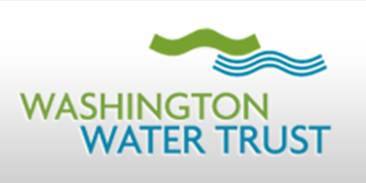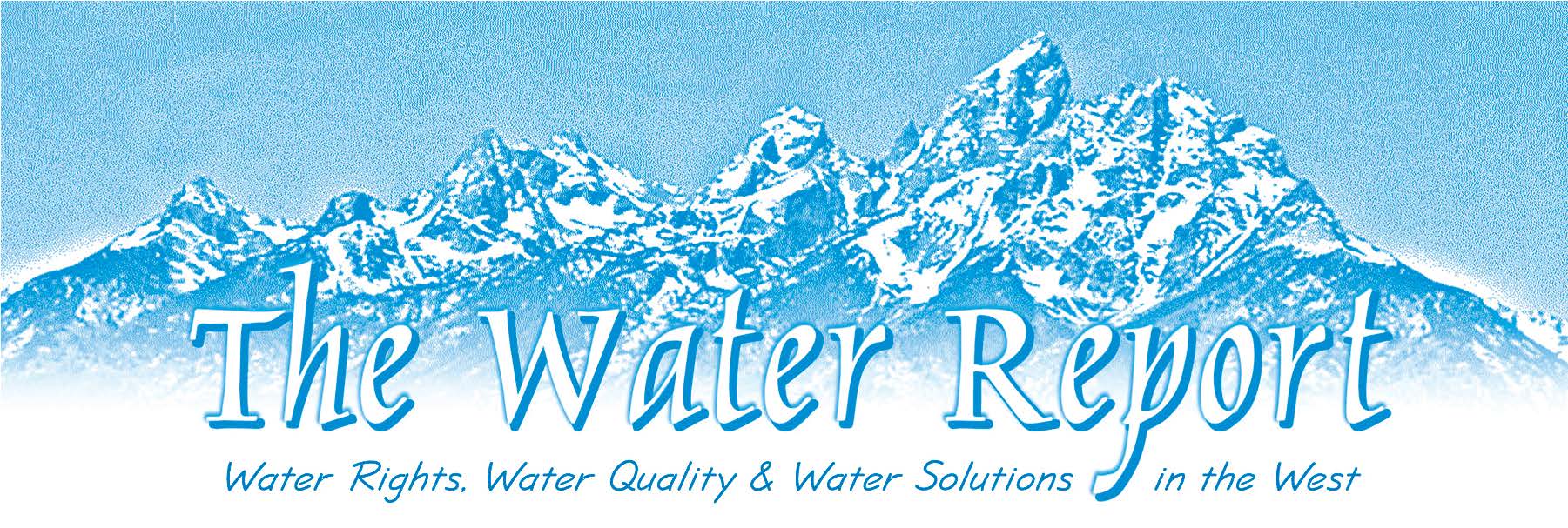Table of Contents
|
June to August 2024 Edition Environmental Equity in the Columbia River Basin: An Exploration of Policy, Power and Intergovernmental Collaboration By Kinsey Freeman – PhD candidate at Washington State University Natural resource management research is most often focused on monitoring and the evaluation of physical environmental characteristics. While this research is extremely beneficial to understanding how natural systems change, little operational knowledge is gained regarding how agencies can better collaborate, particularly across jurisdictions when managing a shared resource. Analysis of agency perspectives specific to a management plan allows for a holistic understanding of natural resource management, in addition to the biophysical perspective. Understanding how agencies perceive the implementation of a management plan is invaluable due to the provided social and political context, insights into the implementation process, strengths and weaknesses of the management plan, and expertise for how management could be improved in the future. Moving past a sole focus on biophysical evaluation to better understand how agencies work together to manage a common resource contributes greatly to the field of natural resource management, particularly when considering water quality and environmental equity. The Coeur d’Alene Basin works as an ideal case study for this research due to the many sociopolitical, economic and ecosystem factors that contribute to the multi-jurisdictional management of Lake Coeur d’Alene and the Basin. This research works to understand governmental agency perspectives related to the success and equity of the Coeur d’Alene Lake Management Plan (LMP) across a 10-year period. Agency perceptions will be assessed through a survey and interview because people directly involved with the management plan will likely have the most knowledge related to what went well, what did not, and how agencies worked together. In addition, LMP related documents will be analyzed to provide greater insight and context related to the research questions. It is hoped this research will contribute to a greater understanding of water quality management across different governmental entities in the Coeur d’Alene Basin and how more equitable and effective collaboration can be accomplished at a watershed scale for both human and environmental wellbeing. In addition, this research employs a novel framework and environmental equity indicators to evaluate equity in water quality governance contributing to an emerging body of academic literature at this nexus. In addition to the above research, a spatial analysis is being conducted across the Columbia River Basin to understand where nonpoint source water quality policy, specifically “Total Maximum Daily Loads (TMDLs)”,are located in relation to jurisdictional boundaries, marginalized communities and environmental hazards, such as superfund sites. This analysis can help provide insight into how nonpoint source water quality policy is created across jurisdictions and communities, particularly across states and in relation to Tribal reservation land with a focus on social equity factors. This research is the first of its kind to analyze TMDL location in relation to marginalized communities and environmental hazards and will provide vital insight into the location of water quality policy across the Columbia River Basin. Overall, this research will analyze a management plan using a novel framework focused on environmental equity and will assess and correlate water quality policy across the Columbia River Basin with social and environmental factors. The goal of this research is to provide useful and applicable insights for managers to improve water quality policy and implementation across scales and jurisdictions for more equitable and effective water quality management. Bio: Kinsey Freeman is a PhD Candidate at Washington State University. Her research focuses on environmental equity in policy implementation across jurisdictional boundaries with a focus on water quality. For inquiries regarding her research, please email: kinsey.freeman@wsu.edu |



